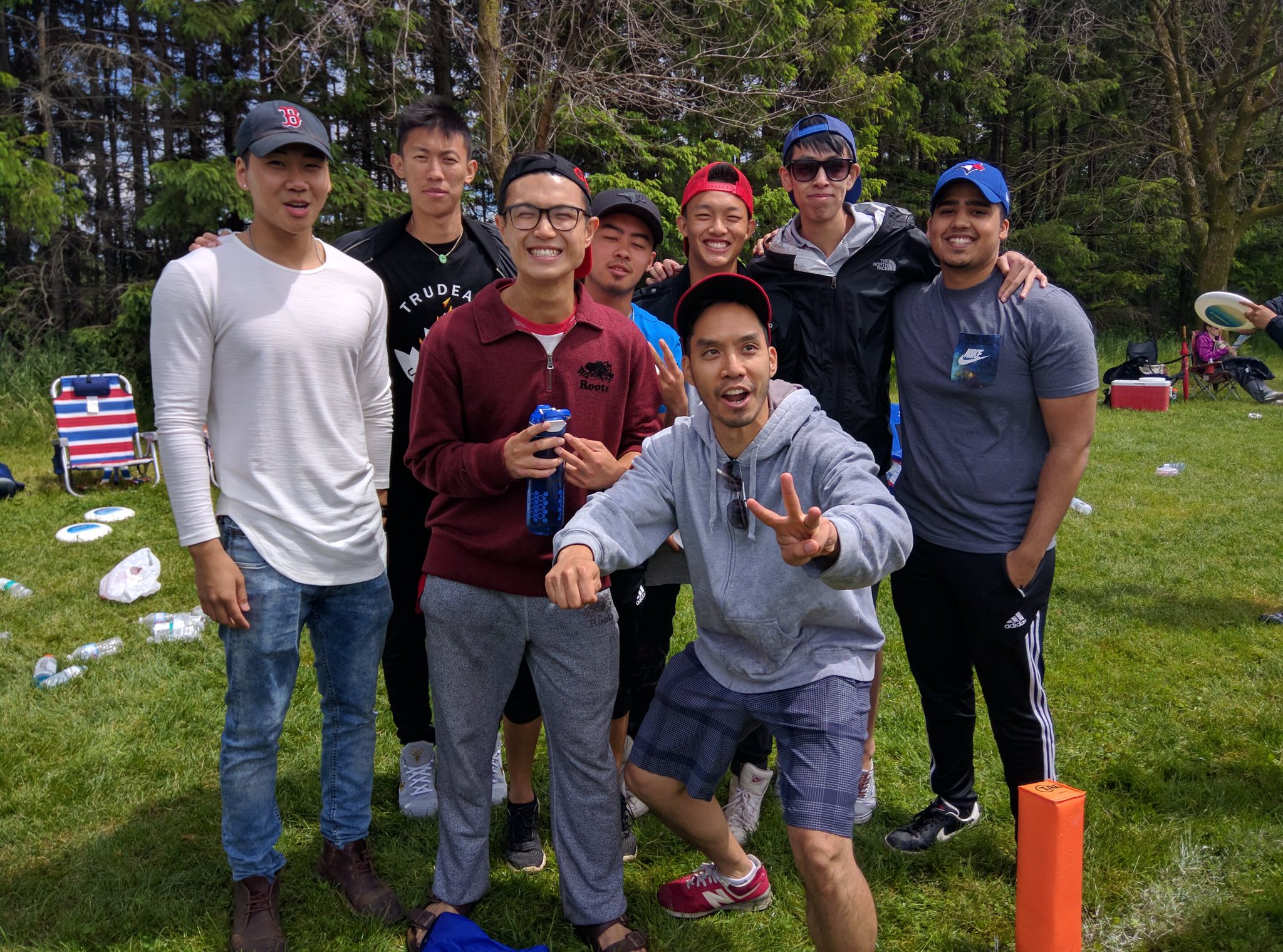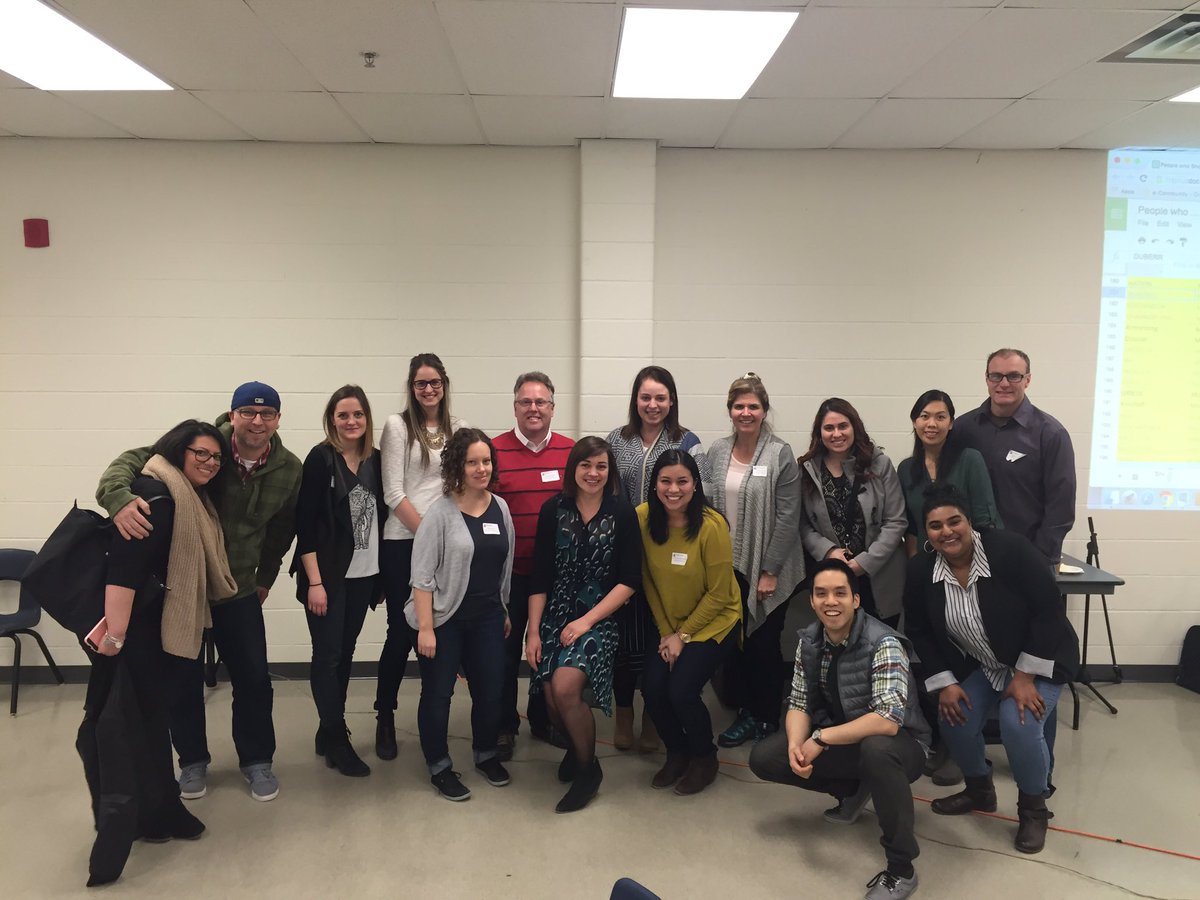It's long over due as it's been 1.5 months since the season finished, but many of the players requested the speeches be placed online. So here's the overview of the season from my perspective:
We
started with two teams, with both teams posting 0 wins in our first
tournament. ZERO. 0-9-1. None of you guys let that dissuade
you from practicing and improving. You put your head down and worked.
Every morning we put ourselves to the ultimate grind and became better.
Inch by inch, we clawed our way out of the basement, out of terrible deficits
in games, and into the playoffs. In the end we reached a high level of
play and Trudeau finished 3rd in the tier 1 division. This is no small
feat, as ultimate is now the most popular sport in York Region with over 1500
students playing - and for Trudeau to finish 3rd among all teams in the tier 1
division is a testament to all the hard work that you've done. What's
even more impressive is that all of this was done with high levels of
sportsmanship, honour, fairness, and incredible spirit throughout the whole
season.
Recognition must also be placed on the support system of the team - assistant
coaches and managers.
Both assistant coaches came back enriched from their varsity experience at
York. Tim, who would have a hard time going to morning practices, now
voluntarily arrived early to give each player many small pointers, giving
players the fine details that would all add up to the huge result we got this
year. Justin, came to all practices since school finished and had a hand
in designing practices, lineups, and delivering motivational speeches during
games. His observations made in-game as well as the advice given to
the players in practice were a huge boon in helping us reach our 3rd place
finish.
In the above tweet there are my two assistant coaches Justin and Tim and a bunch of alumni coming to visit in the last tournament. Clockwise from left: Derek Choy (2014), Tim Truong (2015), Adwin Lau, Calvin (2014), Aaron Cheung (2015), Neil Patel (2014), Andrew Shin (myself), and Justin Cheung (2015)
Managers Grace and Kristy collected money, photocopied handouts, collected and
checked sheets, made announcements, sent reminders, did attendance, tracked
missed shifts, set up the field, separated pinnies, collected discs, organized
payments of discs, designed practices, timekeeping, played guitar, sang, scorekeeping, talking with
other coaches, booked fields and courts, sat down with Mr. Shin the day before
each practice to design practice and know where pylons go, etc. They made
life easier without the second coach for me this year and none of this would
have happened without their help.
Graduating members of the team: From the left: Doris, Grace (manager), Ivan, Eastelle (not graduating), Nathan, Maggie, and Kristie (manager)
Captains - thanks for handling the ordering of the jerseys and for
communicating with the other team regarding spirit scores! Setting up the
last game as a spirit game was a tremendous idea as well and made for a
memorable experience.
Others - there are certain days when managers weren't present...and the same
people would help pickup pylons and collect discs at the end of each
practice. I appreciate you doing these small things consistently. I
know who you are, and so do you =)
I then had the opportunity to deliver speeches for four individuals in the night. Here they are:
Female captain and MVP: Maggie
Zhang
Since grade 9, she carefully learnt and practiced the craft
of ultimate, mastering the art of the ‘flick’, the backhand, the in-cut, the
zone defence. It wasn’t always rosy, as
she often had to learn from the bench and practice only. Her playing time in the past wasn’t always
regular. She would maybe touch the disc
once or sometimes none in a game.
Fast forward to today and you’ll see at the end of each game the
other team offering their respect for her in the form of daps, mvp chants and
awards. Why? She now touches the disc maybe 5 times in a
span of 30 seconds, helping the team march down the field for a score.
She also does the little, often unseen things for the team; packing up discs if a manager isn’t
present; talking and trying to include
other quieter team members into discussions;
making thoughtful observations during practice to improve things.
I’ve coached her and watched her grow in the past four
years. To paraphrase a certain
Toronto-born rapper, she started from the bottom in grade 9, and now she’s here
– at the top – as a captain, helping to push the team to perhaps its best
finish in Trudeau history.
I present to you, the best story of the growth mindset, one
who persevered, and never stopped improving - Trudeau’s female ultimate captain & MVP – Maggie Zhang.
Male Captain and MVP: Ivan
Yung
With the opposition watching his flicks as if in a drive-in,
Helping at practices to help his teammates thriven,
Blocking the discs on defence like a bison,
Doing all the hard stuff and willing to just ‘dive-in’,
When our team is down, he hypes the team like a siren,
With a steely determination and perseverance as hard as a
diamond,
I present to you Trudeau’s ultimate male captain and MVP –
Ivan.
Female Junior
Athlete of the Year: Talitha Ling
Her other
coaches describe her as very skilled and dedicated. Versatility doesn’t even begin to describe
her as on the volleyball court she can spike, block, stuff, set, dig, place,
ace, prevent campfires, serve, pancake (but not serve pancakes) – she can do it
all. And once she became the team’s
setter, the team started to perform better. She was the glue the varsity girls’
volleyball team needed to succeed.
“An amazing
athlete, with coordination and polished footwork” – said one of her
coaches.
And that
coordination and footwork translated straight onto the ultimate field as she
played her second varsity sport -
ultimate. As a grade 10 player
she quickly mastered the throws, was trusted by her veteran teammates to catch
difficult passes as she quickly darted in and out of spaces like a shadow to
get the disc and help the team move upfield.
I present to
you Trudeau’s junior female athlete of the year – Talitha Ling.
Junior Male Athlete
of the Year – Jonah Cheung
He can pass
and he can go for a kill. He can cover
the baseline or the centre line with a defence that smothers his
opponents. He elevates his play during a
pressure situations, on a match point, whether he needs a long or short
serve.
Wait, which
sport am I talking about? Volleyball or
badminton?
Both.
But it’s not
just about those sports.
In ultimate,
he is a swiss army knife when it comes to his assortment of throws that he can
pull off. He breaks through zones with
relative ease, utilizing his multiple ultimate skills. His determination and tenacity is on display
as he plays every other shift, taking on the bulk of offensive duties as a
handler.
He is a
responsible, intelligent, and athletic individual who is dedicated to his
sports and his teams. Oh and one more
thing – he is often found during practice helping others the art of the
‘flick’.
Which sport
am I talking about now?
Badminton
and ultimate.
I present to
you, Trudeau’s helpful, knowledgeable, and
junior male athlete of the year – Jonah Cheung.
























